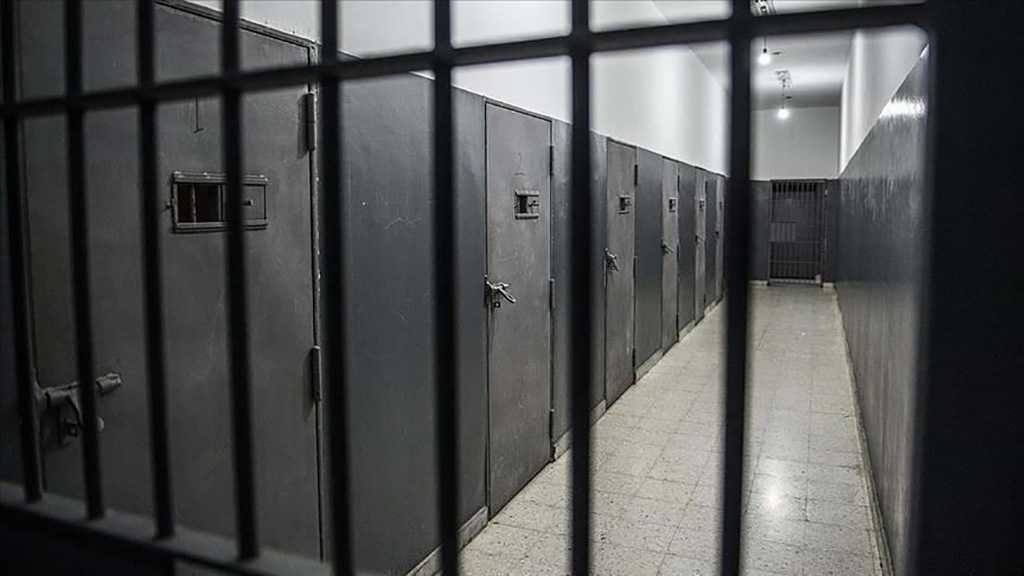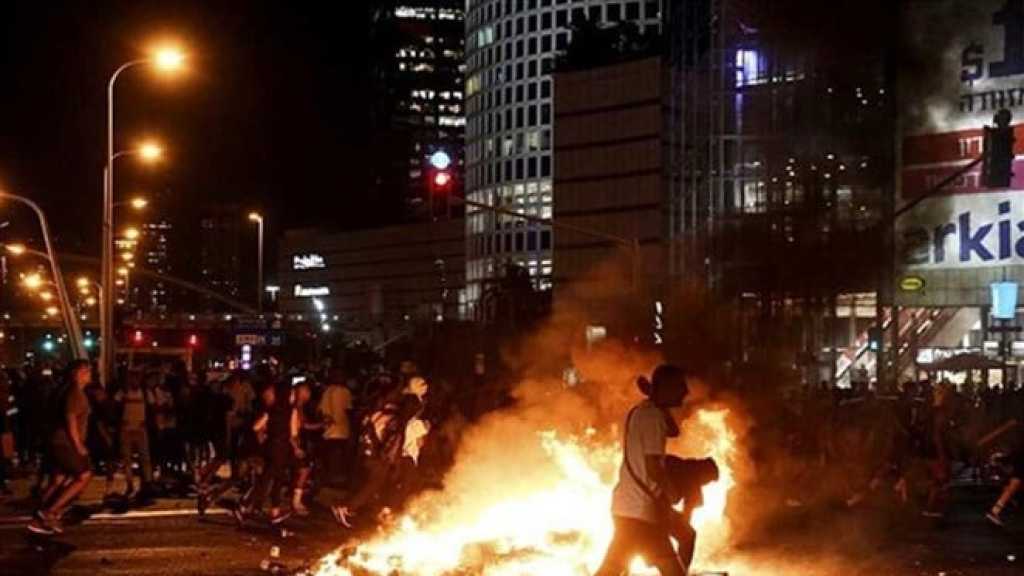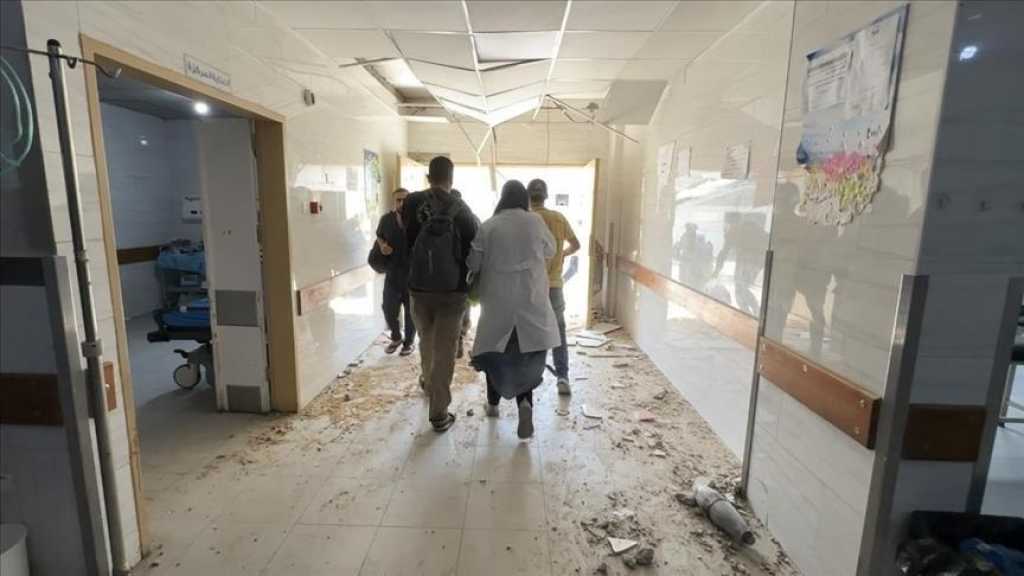
Rights Group: Saudi Arabia Making Use of Digital Blockade to Suppress Members of Press

By Staff, Agencies
A Europe-based human rights group says Saudi authorities are making use of digital blockade in order to suppress members of the press in the ultra-conservative kingdom, amid intensified crackdown led by Crown Prince Mohammed bin Salman against rights activists and political opponents.
The European Saudi Organization for Human Rights [ESOHR] stated that the officials exercise various types of threats against journalists, bloggers and online activists, taking advantage of the cybercrime law to legitimize their repression.
The organization highlighted that Saudi Arabia is digitally besieging journalists and activists, and has used over the past years the information it obtained digitally in order to pursue and harass them either at home or abroad.
It warned that freedom of the press is denied in Saudi Arabia as the government controls traditional media outlets, monitors social media platforms extensively, and prosecutes journalists and individuals who publish critical posts online by means of arrests, restrictions, hefty fines and even murder.
Additionally, Saudi officials criminalize communication with foreign media, and use it as a charge to prosecute individuals.
According to information published in 2018, Riyadh recruited Twitter employees with the aim of accessing data, details and news related to Saudi citizens, activists and journalists.
Identical reports showed that phishing on the accounts of some journalists and tweeters led to the arrest and prosecution of some of them.
Saudi Arabia uses private data from social media to prosecute individuals for their positions and opinions, ESOHR says.
Press reports also confirmed the Saudi government’s purchase of the notorious Israeli-made Pegasus spyware, which it used to pursue opponents abroad and wiretap them.
Saudi Arabia is among the most repressive countries for journalists, according to the annual classification released by the international organization Reporters Without Borders.
The 2022 international classification ranked the kingdom 166 out of 180 in light of grave violations against journalists and ruthless suppression of expression.
Reporters Without Borders described Saudi Arabia as “among the worst prisons for journalists in the world” on the occasion of World Press Freedom Day.
The world celebrated the event, which fell on May 3, at a time when Saudi Arabia is still competing to occupy the first position in the list of countries that suppress freedoms, especially the freedom of the press.
Ever since bin Salman became Saudi Arabia’s de facto leader in 2017, the kingdom has arrested dozens of activists, bloggers, intellectuals and others perceived as political opponents, showing almost zero tolerance for dissent even in the face of international condemnations of the crackdown.
Muslim scholars have been executed and women’s rights campaigners have been put behind bars and tortured as freedom of expression, association, and belief continue to be denied.
Over the past years, Riyadh has also redefined its anti-terrorism laws to target activism.
Comments
- Related News



